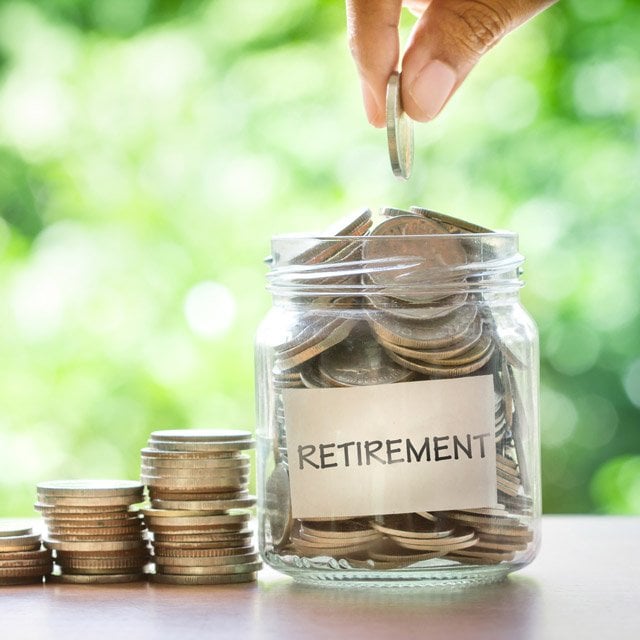Secure 2.0, ESG Options Make Workers Want to Save More: Natixis

What You Need to Know
American workers are feeling the weight of responsibility for retirement funding.
Survey respondents said features like emergency savings and student loan payment matching would encourage them to save for retirement.
Big majorities of Gen Xers and millennials said they’d save more at work if they were offered ESG investments.
Millennial American workers have a leg up on baby boomers when it comes to saving for a financially secure retirement, according to a report released Tuesday by Natixis Investment Managers.
Millennials started saving for retirement 11 years earlier than baby boomers, and are contributing 16% of their salaries, on average, toward their retirement goals.
For their part, 58% of baby boomers report that their biggest regret is not having started to save earlier. They are not helped by financial headwinds that could derail their progress.
“American workers are feeling the weight of responsibility for retirement funding, and younger generations, in particular, are pushing for changes that will better meet their distinct needs and preferences,” Liana Magner, head of retirement and institutional in the U.S. for Natixis.
Accomplishing this will require the combined efforts of employers, individuals and policymakers, Magner said. Recent policy changes are a step in the right direction.
CoreData Research conducted a survey in January and February among 736 U.S. millennial, Gen X and baby boomer workers with access to a company-sponsored defined contribution (DC) retirement savings plan, such as a 401(k), 403(b), 457, SIMPLE IRA or SEP.
Barriers to Saving
Forty-four percent of respondents across all generations said inflation was their main barrier. For millennials, competing financial goals rank close behind as a hindrance.
A quarter of defined contribution plan participants, including 38% of millennials, said they took an early withdrawal from their plan in the past 12 months. Millennials reported that the main reasons they tapped their savings were to cover health care costs, home repairs and debt repayment.
Eighty-three percent of millennials and 78% of Gen Xers think Social Security benefits will be drastically reduced by the time they retire.
Just 46% of millennials — but 90% of baby boomers — are factoring Social Security into their retirement income planning. More so than any other generation, they are looking beyond the traditional pension/Social Security/DC plan sources of retirement income to fund their retirement, and intend to use all available sources:
Equity in their homes: 29%
Inheritance: 24%
Rental income: 19%
Sale of a business: 19%
Support from their children: 19%
Over the past two years, it has gotten harder for people to generate the personal savings that will ground their retirement income plans, Dave Goodsell, executive director of the Natixis Center for Investor Insight, said in the statement. “It’s gotten to the point where one in five millennials, the generation that started out living in their parents’ basement, now think they might end up in their kids’ garage.”
Secure 2.0 Boosts Optimism
The Natixis survey suggests that provisions put in place by the Setting Every Community Up for Retirement Enhancement (Secure) 2.0 Act will be a step in the right direction once they go into effect. These include automatic enrollment in company-sponsored DC plans with qualified default investment alternatives, recognition of student loan repayments to qualify for employer matches, linked emergency savings accounts and higher catch-up contribution limits for older workers.




